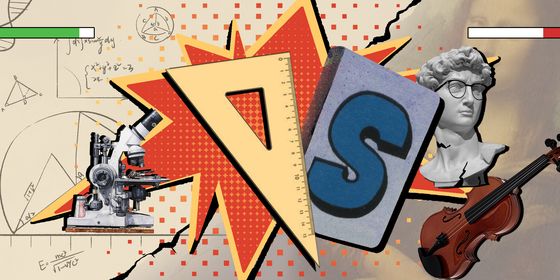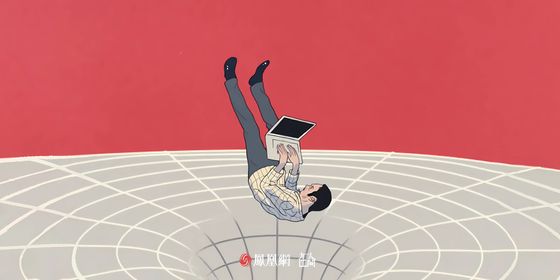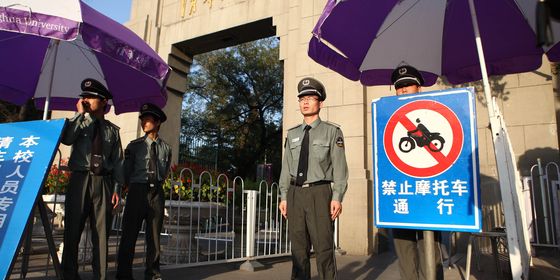The unexpected and unfair questions of this finals season
Education reform has long been a hot topic, and some Chinese universities get an A+ for enthusiasm. In October, TWOC discussed several examples of “innovation” in their course. A few have continued to “reform” their finals, as recently leaked exam papers show.
According to a January 15 report in the Western China Metropolis Daily (WMD), students of the Sichuan Vocational College of Culture & Communication were required to identify their professor from among seven other photos in the final of a course called “Ideological and Moral Cultivation and the Legal Basis.” The question was apparently to test the “attitude” of students—essentially, whether they had attended class regularly and paid attention.
But to prove the old adage that hard work hardly works, students scored zero if they answered the question correctly; if they were wrong, they lost 41 out of 100 points, a failing score on the test. Many are complaining about the discrimination to those with face-blindness (though “fortunately,” according to the school, the final exam is only 30 percent of their course grade).
Hou Yu, the dean of academic affairs at the college, told the WMD that “the college supports this kind of trial and will further diversify final exams.”
Similarly, Chutian Metropolis Daily, the local newspaper of Wuhan, Hubei Province, reported that in the final of Chinese Ancient Literature on January 12, freshmen enrolled in the “Experimental Program of Humanities” program at Wuhan University were asked to provide questions as well as answers under certain guidelines during the two-hour final. Student had to come up with 20 questions: ten sentence completion, four definition questions, five short-answer questions, and one essay.
Here is an example of the question guidelines, which include a sample question, as well as an explanation probably longer than the question itself.
Example: 1. The line “帝子降兮北渚,目眇眇兮愁予” is an excerpt from___(section) of Qu Yuan’s poem Nine Songs (《九歌》).
Note: Do not propose a question that is too easy, since you will be graded based on the difficulty of the question. For instance, the question “Sima Qian (司马迁) is a native of (place)” will be graded higher than “Sima Qian lived in (dynasty).”
Lu Xiaojun, the teacher of the course, told the paper he believed that this new form of exam will give students more freedom, test how students learned to work more efficiently, and inspire them to think more independently. Wang Huaimin, the Deputy Party Secretary of the College of of Chinese Language and Literature at Wuhan University, also supported the format as one example of Chinese exam reform.
And the students? After the leaked exam paper went viral online, China Youth Daily reported one literature grad commenting, “As a veteran of this major, I’m so lucky I never had to experience this. Good luck to my juniors.” But China’s weird exam questions may be here to stay if education innovators have their way.












